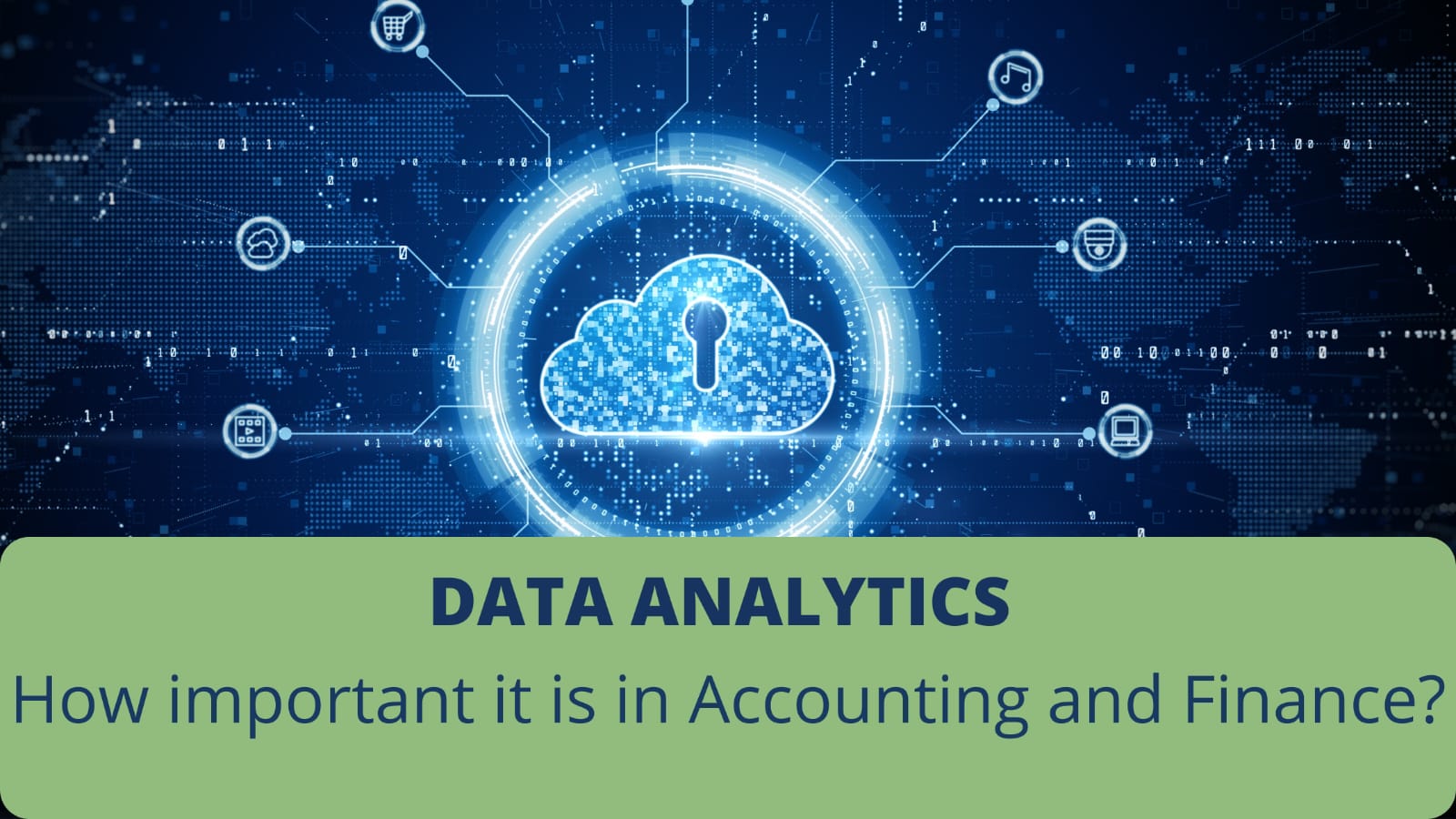9 Advantages of pursuing ACCA
Although the competition in the finance job market is quite steep, certain globally reputed qualification like that of the Association of Chartered Certified Accountants (ACCA) provides several advantages in the career of a finance and accounting professional. Global Recognition: ACCA is recognized and respected worldwide, making it a valuable qualification for those looking to work […]




